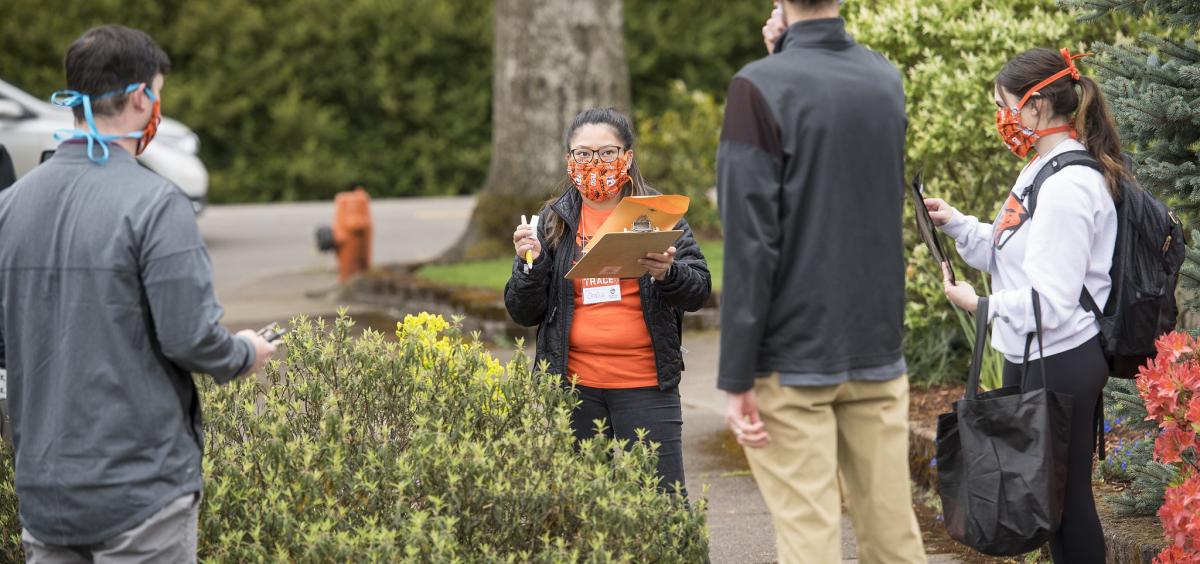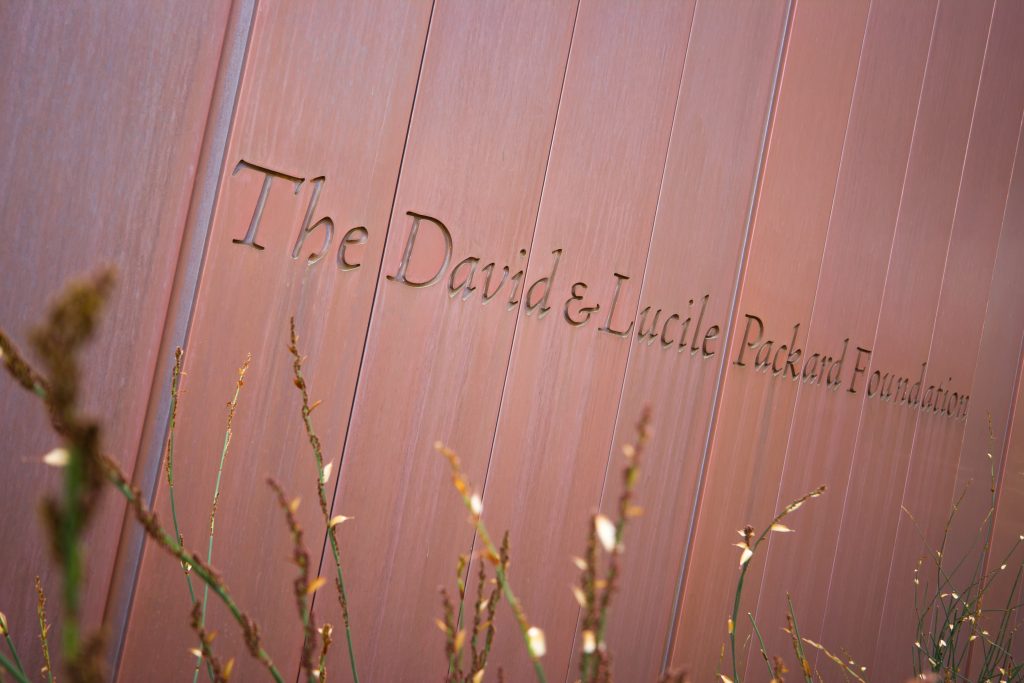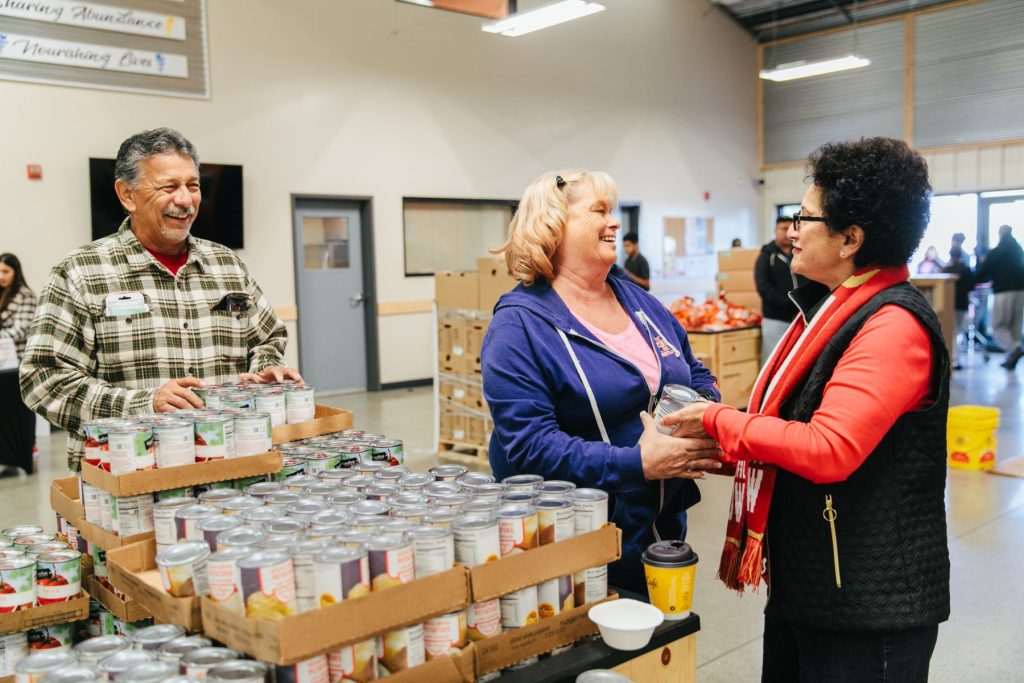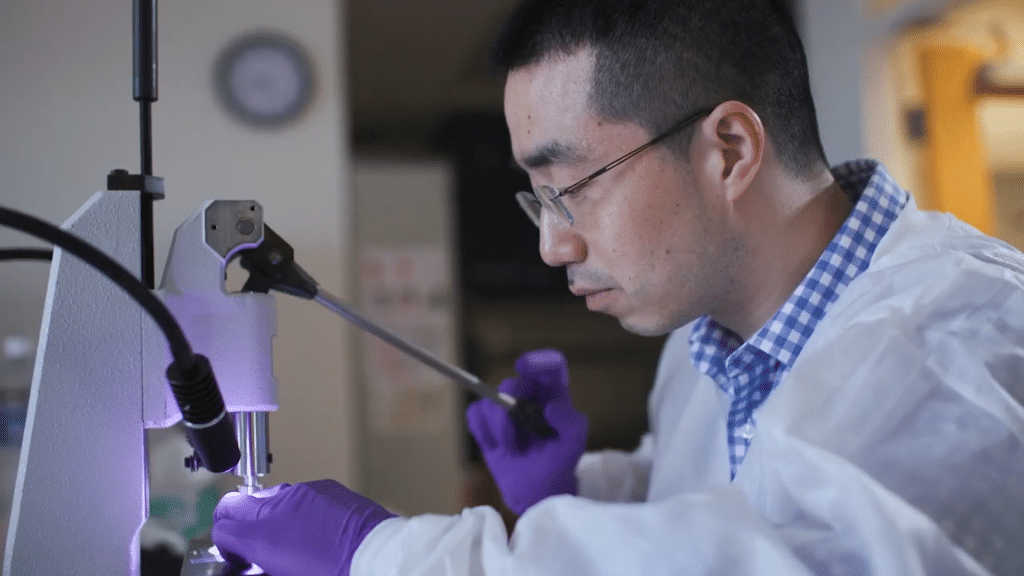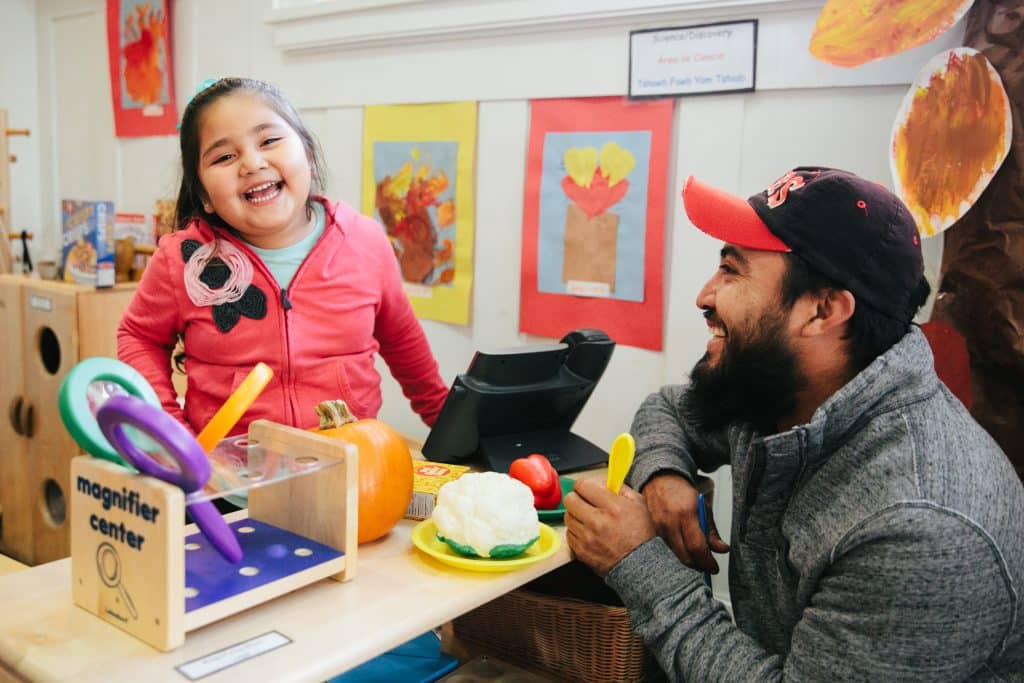At the David and Lucile Packard Foundation, we believe that ideas grounded in science and research can create long-lasting change, and that critical discoveries mount over time. Our founders deeply valued science, and objective, independent research underpins our decision-making across the Foundation.
Now faced with the COVID-19 pandemic, scientists and researchers across the country are working day and night to develop treatments and therapeutics to help those who test positive for COVID-19, to explore science-based solutions like software applications that will help communities understand and address the virus, and to develop a safe and effective vaccine.
As they grapple with the current pandemic, government officials are making public health decisions with profound consequences for lives and livelihoods. Research and robust data on the prevalence, spread and impacts of the novel coronavirus, SARS-CoV-2, will ensure they are not flying blind.
Existing data collection efforts (i.e., testing for the virus) is appropriately focused on the front lines of the pandemic to ensure effective delivery of medical care to those in need of it. However, researchers and officials also need community-scale sampling to rigorously answer questions such as “How many people have the virus and how is it spreading?” or “What impact is the COVID-19 pandemic having on people and communities?” The answers to these questions are essential to helping officials understand the impacts of the disease on communities, and to helping them decide when and how to appropriately adjust or relax public health directives, such as social distancing and shelter-in-place, so that individuals can get back to work and communities can stay safe.
To address these critical data gaps, the Foundation sought to support research efforts around the pandemic that had yet to be funded, but could yield data and scientific insights that could be crucial to society’s response.
We found two areas of research where our support could make a difference:
- How SARS-CoV-2 spreads through a community. There is a gap in knowledge about how the virus that causes COVID-19, SARS-CoV-2, is spreading at the community level, in part because tests have been limited to the front lines of the pandemic and focused only on those exhibiting symptoms.
- Long-term impacts nationally. More information is needed to understand the immediate and longer-term impacts of the COVID-19 disease, including social, economic, and mental health effects at a national scale.
For this reason, the Packard Foundation’s COVID-19 emergency grantmaking response includes $1.25 million in grants to the following research efforts:
- Oregon State University ($750,000) Researching how SARS-CoV-2 spreads through a community by conducting a random sampling of 9-10% of households within a single community (Corvallis, Oregon) to understand how many people have the virus—with or without symptoms—and how the disease is spreading.
- Data Foundation ($500,000) Working with academic, government, and non-profit partners, to design and conduct a national survey of the economic, social, and mental health impacts of COVID-19 across California, Colorado, Florida, Louisiana, Missouri, Montana, New York, Oregon, and Texas.
To learn more about how to support these and other scientific research efforts that will inform crucial policy decisions about COVID-19, please reach out to Conservation and Science program officer Chad English at [email protected].
